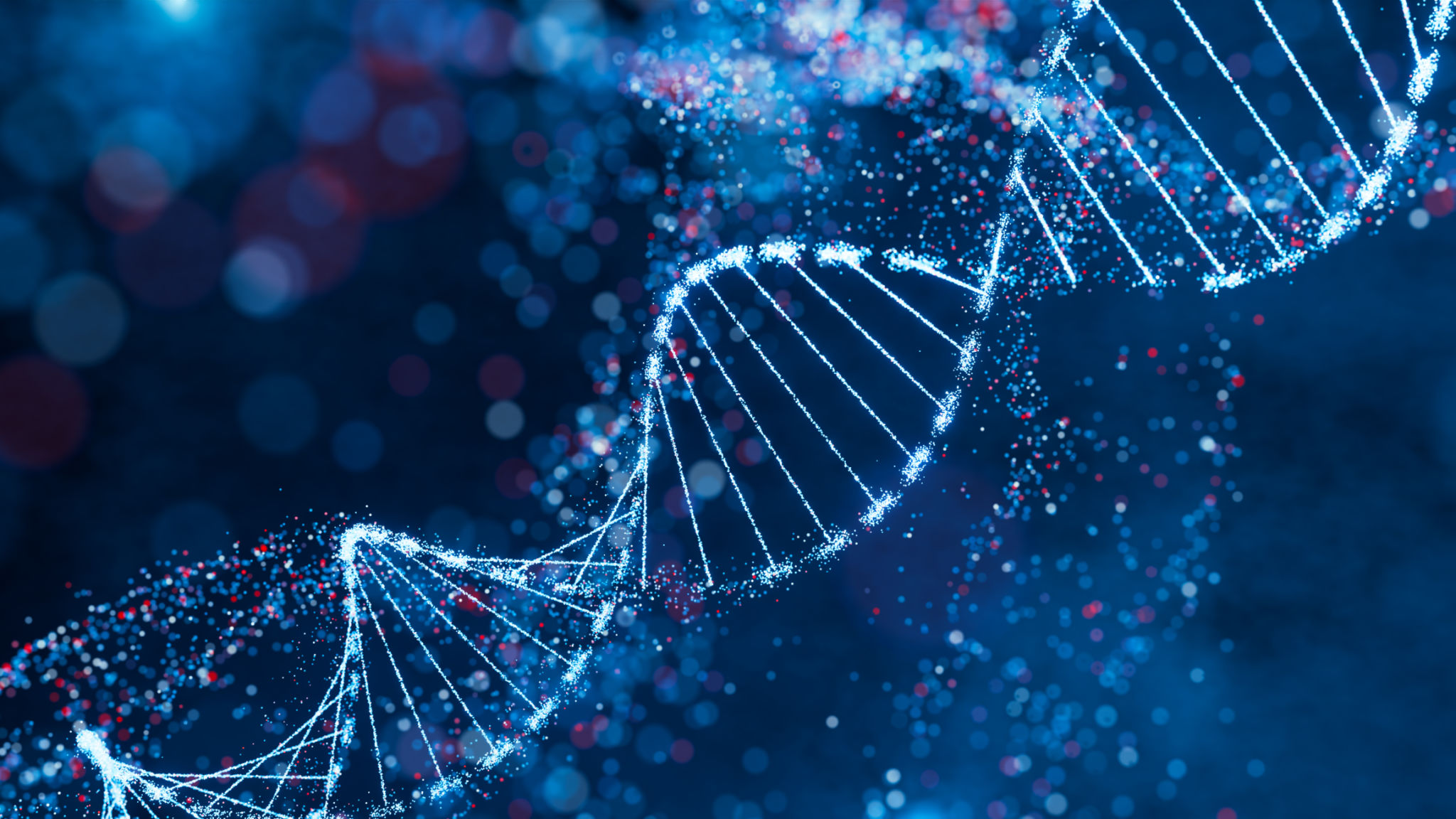Exploring Nutrigenomics: Personalized Nutrition for Optimal Health
In recent years, the concept of personalized nutrition has gained significant traction, and at the forefront of this movement is nutrigenomics. This fascinating field explores the intricate relationship between our genes, nutrition, and overall health. By understanding how individual genetic variations influence the way our bodies respond to different nutrients, nutrigenomics paves the way for tailored dietary recommendations that could revolutionize personal health and wellness.

What is Nutrigenomics?
Nutrigenomics is a branch of science that studies the interaction between our genome and nutrients. It seeks to uncover how specific genetic variations can affect nutrient metabolism, influence dietary requirements, and impact health outcomes. By analyzing genetic markers, nutrigenomics aims to provide insights into how individuals can optimize their diet for better health and disease prevention.
Traditional dietary guidelines often take a one-size-fits-all approach, but nutrigenomics offers a more customized alternative. By considering genetic predispositions, it allows for the creation of personalized nutrition plans that cater to an individual's unique biological makeup.
The Science Behind Nutrigenomics
The science of nutrigenomics is grounded in the understanding that small differences in our DNA can influence how we process foods, absorb nutrients, and even how we respond to various dietary components. Researchers identify these genetic variations through techniques such as genome-wide association studies (GWAS) and single nucleotide polymorphisms (SNPs) analysis.

For example, some people may have a genetic variation that affects their ability to metabolize caffeine quickly. Nutrigenomics can help identify such variations, allowing individuals to adjust their caffeine intake accordingly. Similarly, genetic predispositions can determine lactose intolerance, gluten sensitivity, and other dietary responses.
Benefits of Personalized Nutrition
Adopting a personalized nutrition approach offers numerous benefits. Firstly, it can enhance overall health by ensuring that the body receives the right balance of nutrients it needs for optimal functioning. By aligning dietary habits with genetic predispositions, individuals can reduce the risk of developing chronic diseases such as obesity, diabetes, and heart disease.
Moreover, personalized nutrition can lead to more effective weight management strategies. Instead of generic dieting advice, individuals receive guidance tailored to their unique genetic profile, making it easier to achieve and maintain a healthy weight.

Nutrigenomics in Everyday Life
Incorporating nutrigenomics into everyday life is becoming increasingly accessible thanks to advancements in genetic testing technologies. Many companies now offer DNA testing kits that provide insights into genetic makeup related to nutrition and health. These tests can serve as a foundation for developing personalized dietary plans.
However, it's essential to approach these tests with a critical mindset. While they offer valuable insights, they should be complemented with professional guidance from nutritionists or healthcare providers who understand the complexities of diet-gene interactions.
The Future of Nutrigenomics
The future of nutrigenomics holds exciting possibilities. As research continues to expand our understanding of gene-diet interactions, we can expect more precise dietary recommendations that cater to diverse populations. This could lead to improved public health outcomes and a reduction in lifestyle-related diseases.
Additionally, advancements in technology will make genetic testing more affordable and accessible to a broader audience. As awareness grows, more people may embrace personalized nutrition as a key component of their wellness journey.